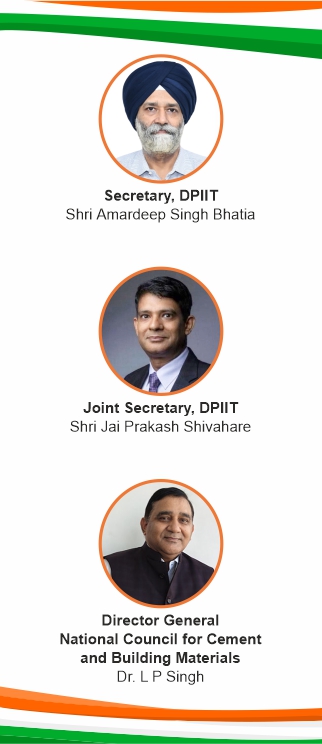


News & Events

News & Events
- Corrigendum-Upgradation of the Industrial Shed in NCB Campus, Ballabgarh, Haryana on EPC Mode
- Tender Notice-Upgradation of the Industrial Shed in NCB Campus, Ballabgarh, Haryana on EPC Mode
- NCB IC Event: Innovate Youth: Building Tomorrow's Entrepreneurs.
Consultancy services for getting NABL Accreditation as per ISO/IEC 17025:2017
Notice on Public Grievance
NCB – CCE EVENTS / Forthcoming Training Programmes
Proficiency Testing Schemes
NCCBM to host 17th International Congress on Chemistry of Cement (ICCC) in 2027 in New Delhi
Investigations on kiln shell corrosion
Corrosion of kiln shell is influenced by a number of factors such as composition of the metallic shell and its environment, temperature of the shell, cleanliness and roughness of the shell surface and its contact with other materials, oxidizing/reducing conditions, improper combustion of coal, etc. The corrosion phenomenon takes place mainly due to the presence of sulphates and chlorides of alkalis and calcium at high temperature in the cement kiln. The role of refractories in cement kiln is primarily to protect the steel shell from the direct attack of deleterious gases and clinker melt and to reduce the shell temperature so that steel of the shell does not loose its properties. The reduction in shell temperature also leads to energy conservation besides providing workable conditions near kiln shell.










